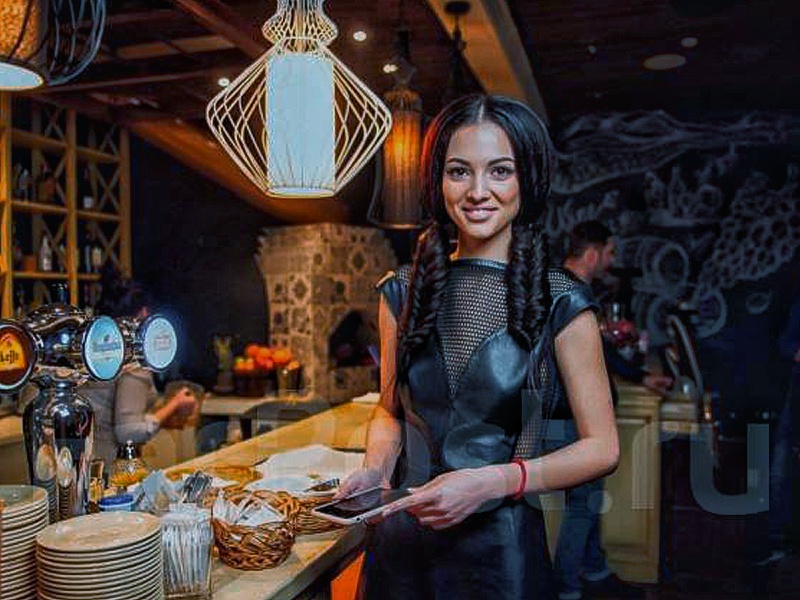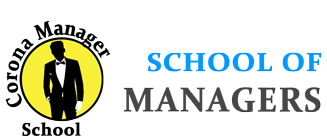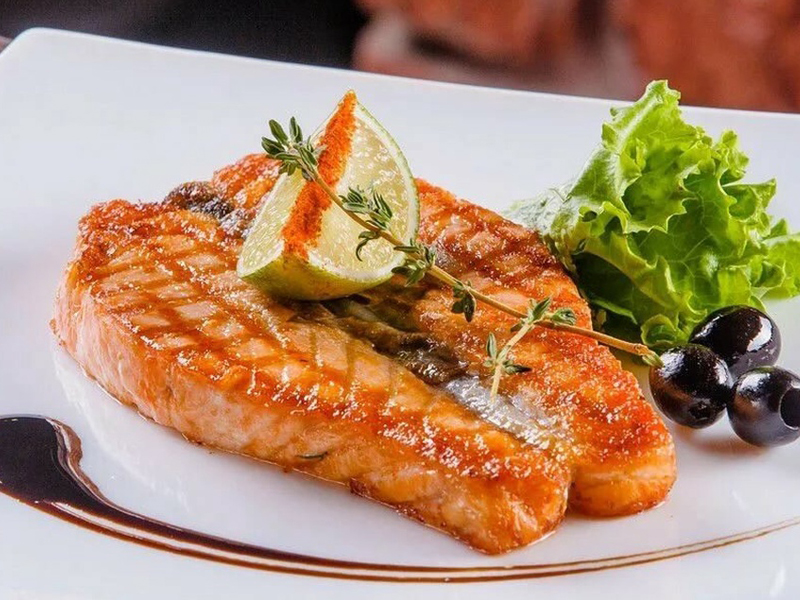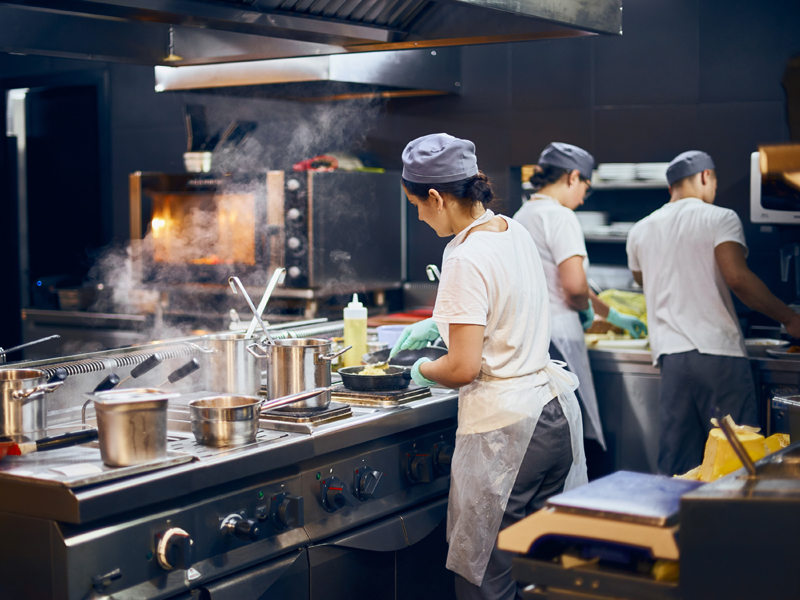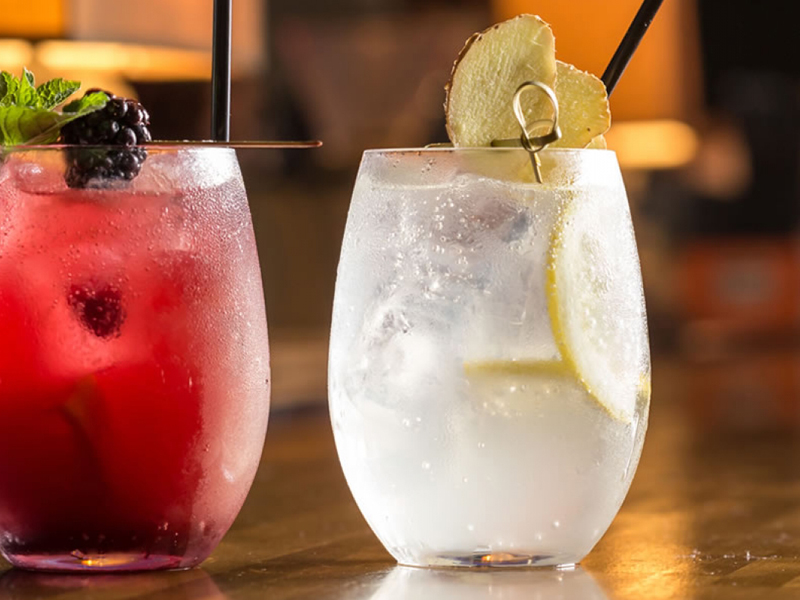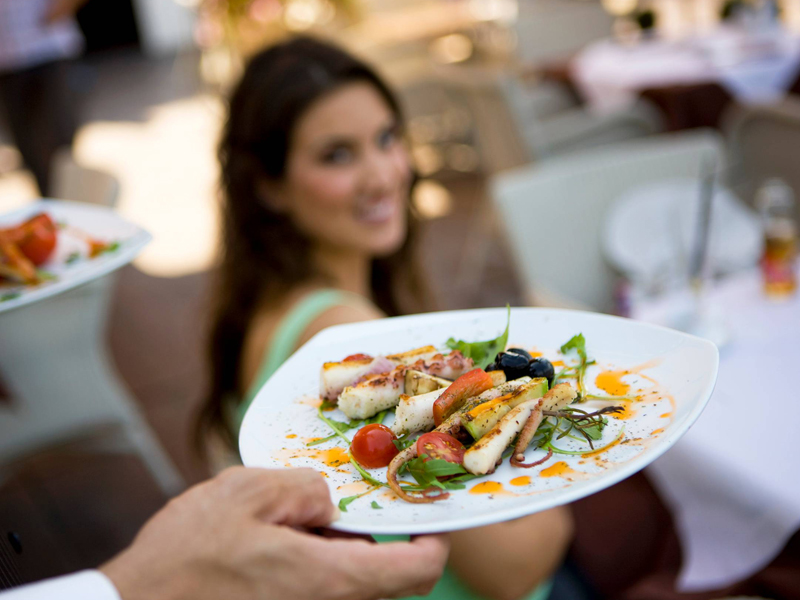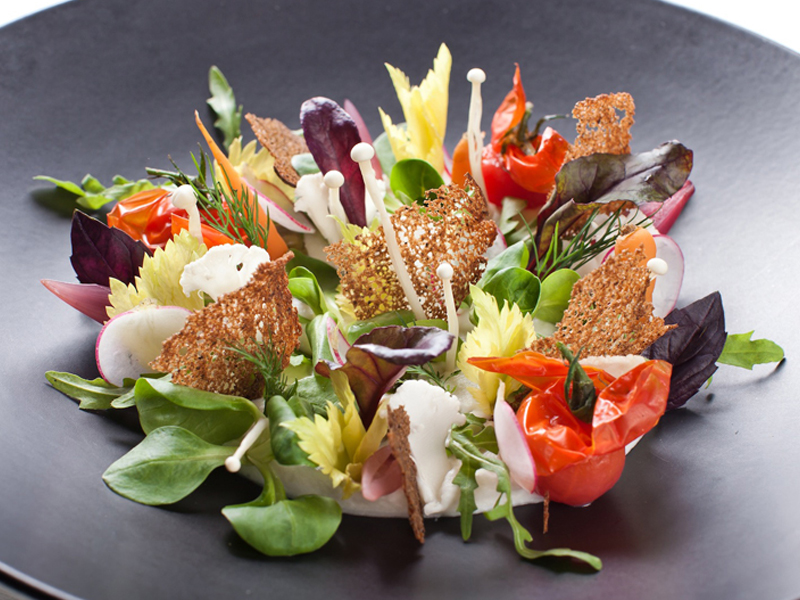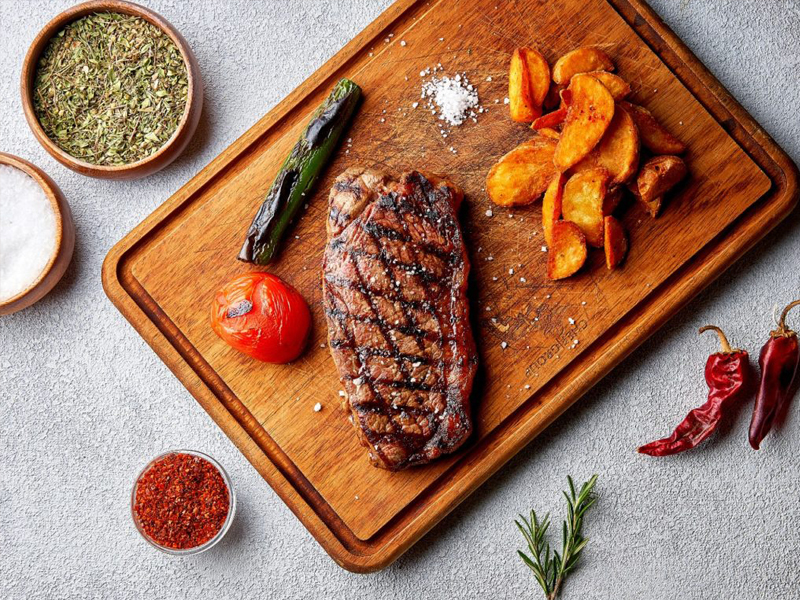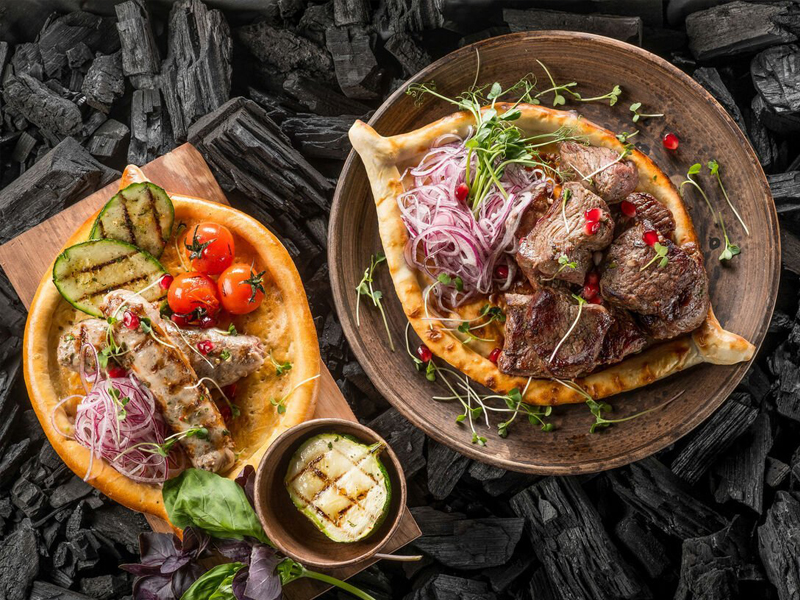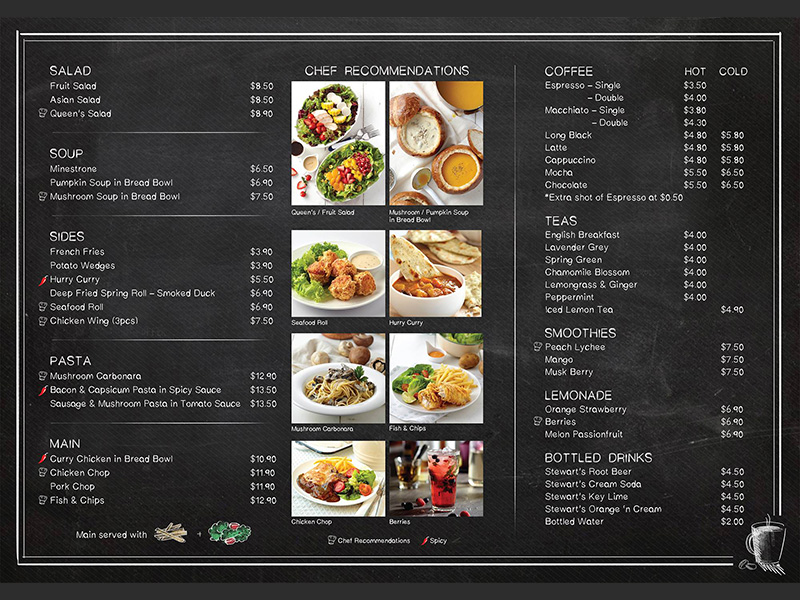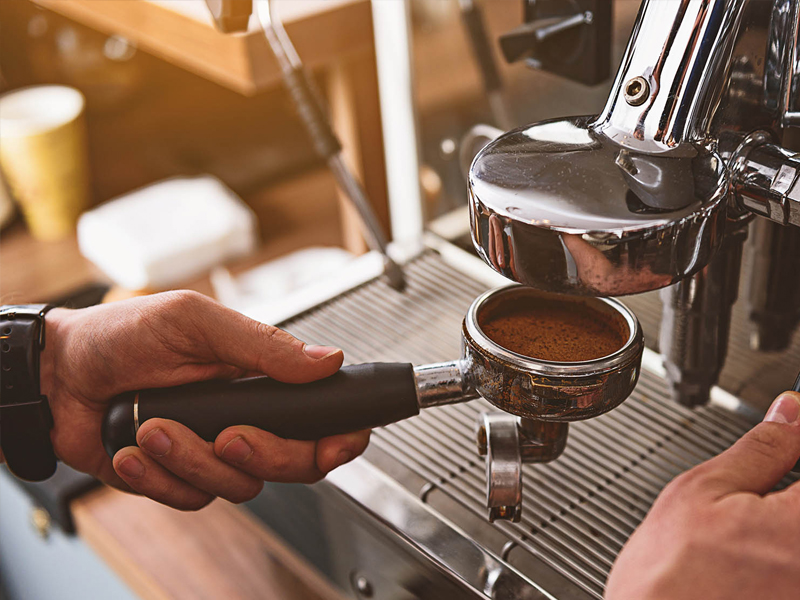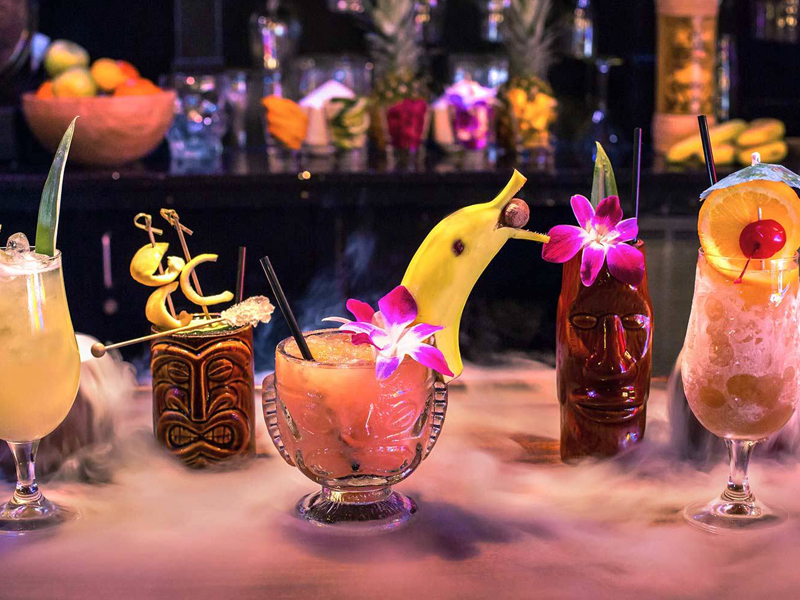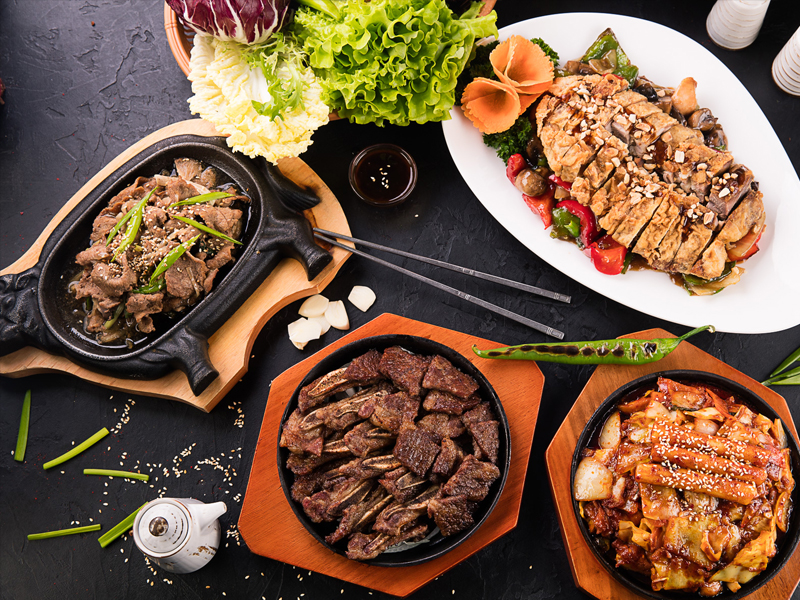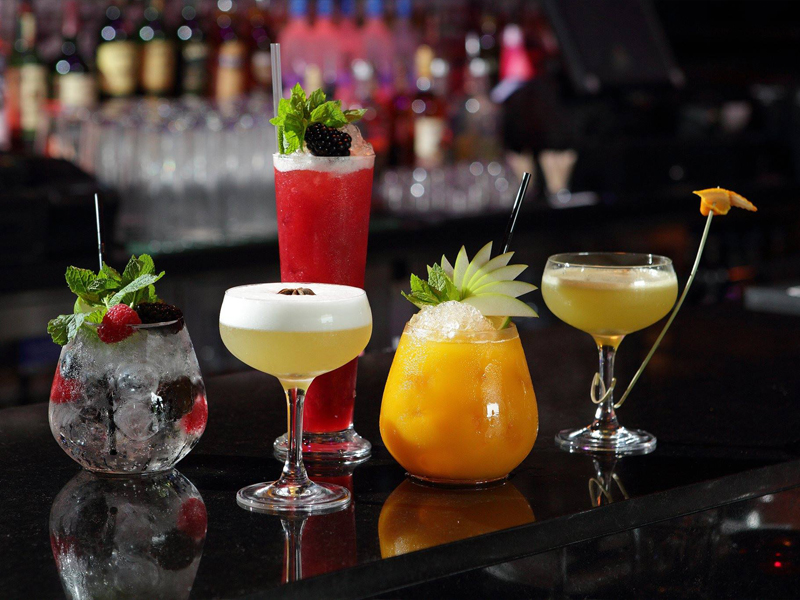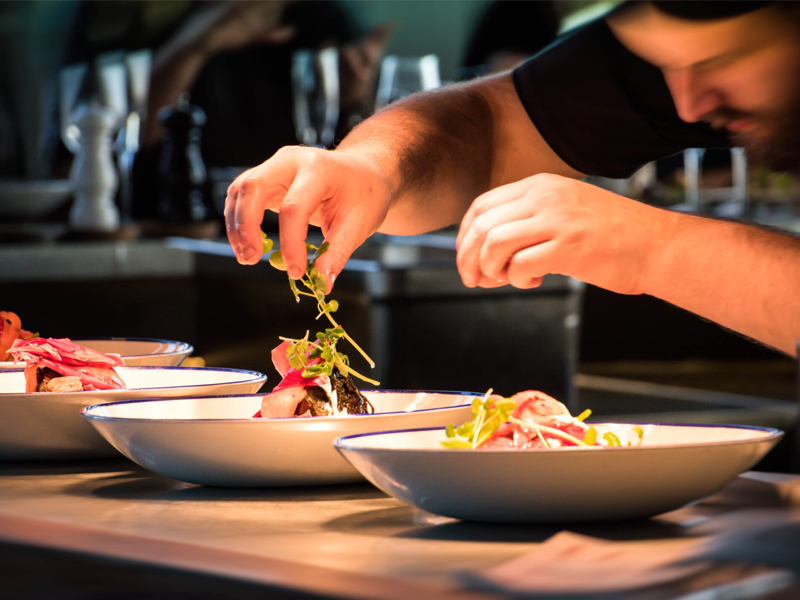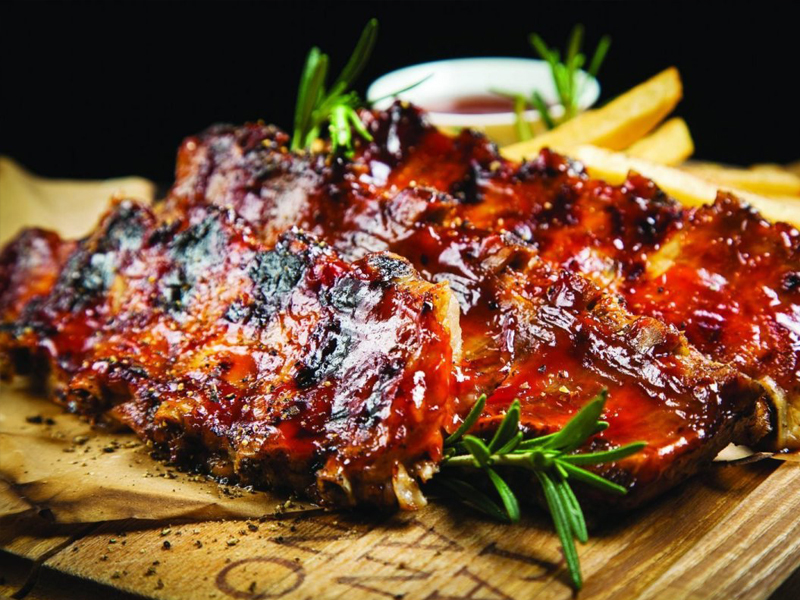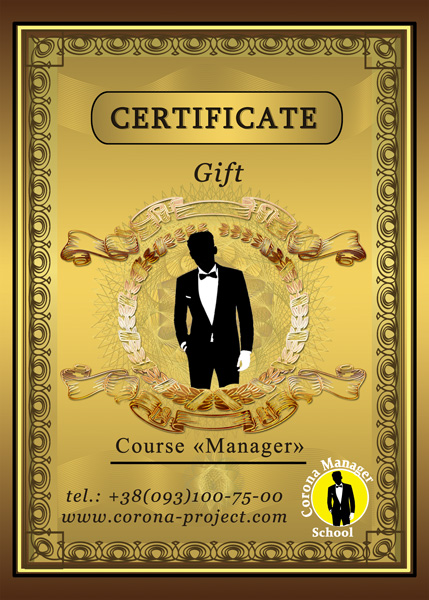INDIVIDUALIZED TRAINING PROGRAM
The program can be adjusted.
PRACTICAL COURSE
DAY 1
1. Creation of a concept, brand and USP (unique selling proposition).
3. Examples of successful and failed concepts and USPs.
4. Where to get ideas and how to modify someone else’s experience “to suit your own needs.” Examples of borrowed ideas: pros and cons. Franchises of popular brands and is it worth buying?
5. Choosing a place, season and premises for opening a project. Why “2 steps up and 5 steps down” can “kill” your idea. Why 60% of restaurant openings fail in the first year.
6. Selection and Analysis of the target audience (target audience). A simple model for predicting the attendance of a future restaurant (cafe).
7. Owner's investment portfolio. How to objectively evaluate your resources. Opening a business in partnership - pros, cons, pitfalls.
8. Analysis of linear competitors and direction leaders.
9. Selecting the form of conducting business activities of the project (individual entrepreneur or legal entity). Regulatory and legal framework, pitfalls, step-by-step action plan.
10. Strategic and time opening plan. Contractors, consultants and outsourced specialists: how to delegate authority and save time and money.
11. Case analysis, questions and answers, homework
DAY 2
1. Key team players, personnel policy.
2. Model of interaction between restaurant departments - who reports to whom and who is responsible for what.
3. Payroll, Staffing and Functionality - how to optimize staff and not pay extra money.
4. Waiters' games with bills and discounts - how they deceive you.
5. The Manager, Chef and Brand Bartender are the key players of the team.
6. Accountant and Accounting Calculator - how these employees can ruin or enrich you
7. Virtuoso waiters in a Bentley. How to respond to staff blackmail.
8. Motivation and training systems. 9. Sales psychology: how to increase the average check by 30% in a week.
DAY 3
Opening a Restaurant Kitchen
1. Menu concept, choice of direction.
2. Global trends in the restaurant industry: national cuisines, fast food, local food, Craft, fusion, molecular cuisine, New Nordic, signature cuisines, grill bars, burger bars, healthy eating). Analysis of successful and failed cases.
3. Menu options: content, visualization, regulatory requirements. How NOT to create a menu and why “your mother’s delicious borscht should be eaten at home, and not in your restaurant.”
4. A balanced menu and the “Fab Five” rule.
DAY 4
1. Calculation and technological maps. Concepts: Food cost and cost. Why in the Union “Collection of Recipes” was the favorite book of restaurant directors and chefs.
2. Why does the buyer sometimes earn more than the owner and how to deal with it.
3. How can the Owner control the work of the kitchen and the efficiency of the Chef?
4. Stars, Dogs, Riddles and Workhorses are on the menu. Profit analysis using the simple Smith-Casanava method.
5. Basic requirements for the kitchen: SNiPs, international standard HACCP, sanitary standards and fire safety - pitfalls, conflicts in legislation.
DAY 5
Opening the Kitchen - 2
1. Types of kitchen equipment and inventory (production and neutral equipment).
2. Equipment suppliers: how to choose and optimize purchasing costs and not buy unnecessary things. Professional and household equipment; used equipment - pitfalls.
3. Capacity calculation and layout plan for production equipment; exhaust hood and ventilation - what to look for when choosing a room.
4. Kitchen Equipment - how to reduce the list of “100 saucepans” by 60% and where to purchase equipment.
DAY 6
1. Neutral equipment: types, costs and suppliers.
2. Kitchen workshops. Cold cooks, hot cooks and generalists - who they are and how much to pay them. White and black Porto - what's the difference. Basic rules of commodity neighborhood.
3. Menu development and initial purchasing. Presentation and first photoset. How to control the process.
4. Formation of menu pricing: main points and mistakes.
5. Procurement shop - 80% of the success of your kitchen. Why, the main tasks of the procurement.
6. Blitz questions and answers, homework.
DAY 7
Opening a Restaurant Bar
1. Concept for menu, wine and cocktail list. What to focus on.
2. Contact or non-contact bar counter - what to choose.
3. Costing and technological maps of the bar.
4. We choose suppliers and why the negotiation process cannot be delegated to the brand bartender and manager. Leaders of the alcohol market - how to make money on alcohol even before opening a restaurant.
DAY 8
1. Technological and neutral bar equipment. Basic rules and mistakes when choosing.
2. Coffee is the restaurant's calling card. How to choose a coffee machine and suppliers. Renting or buying? Pros and cons, pitfalls.
3. Brand bartender and bartenders - how not to lose money and restaurant guests.
4. Formation of menu pricing: main points and mistakes.
DAY 9
1. Automated accounting systems in restaurants: what to choose?
2. Operational stock of goods - how not to freeze finances.
3. Crockery, uniforms and textiles. Music policy of a restaurant - how to increase profits with the help of background music.
4. Strategy for accounting and controlling restaurant operating costs.
5. Responsibility and functionality of the Manager - points of control.
6. Manager's reporting to the Owner. Types of reporting and examples of reports.
DAY 10
1`. Brand book, Service Book and checklists are the basis of impeccable service.
2. Restaurant advertising and promotion: smm, outdoor advertising, radio - what to choose. Social media. Attracting guests. Development and implementation of loyalty programs.
3. Discounts and promotions - is a discount system necessary and why are discounts dangerous?
4. How they steal in a restaurant, or why you still haven’t earned your first million. Case analysis and control methods.
5. Interaction with regulatory authorities: what to expect and how to solve problems.
6. Q&A blitz.
DOCUMENT
“Certificate” in Ukrainian and English.
